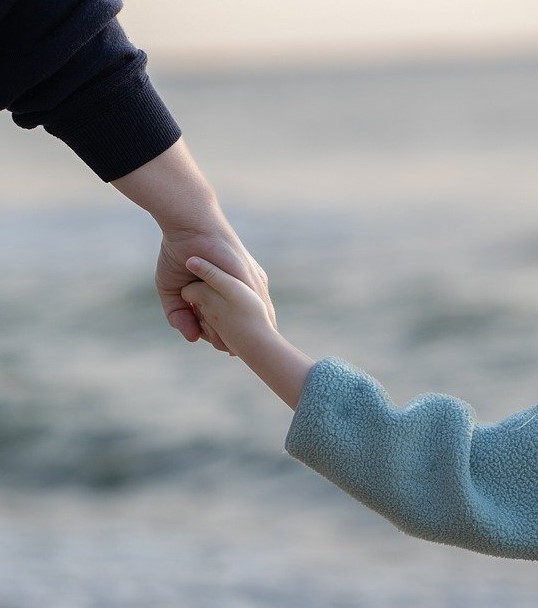
Dealing with Carer Guilt 2
In my last blog post I talked about ‘carer guilt’: a perceived failure to provide sufficient care for the person cared for (Bennett, 2018). Specifically, guilt is a feeling that we get when we believe that we have taken actions or there is inaction that conflict(s) with our values (Brown, 2012). So for example: “I shouted, and I feel bad about that (action) because it chafes against how I want to be a calm and approachable parent.”
In that blog we explored re-evaluating what we take responsibility for in our caring, because we might feel guilty about something that was out of our control and not intended. I wanted to say a bit more about this. One thing that people I have spoken with tell me is that their autistic children will feel very sensitive to things that have gone wrong/feel wrong and will often process this by finding their safe person and attributing blame to them as a way of regaining control. As a parent it might feel automatic here to take on the responsibility for this. Indeed, we might deliberately ‘take responsibility’ here as a strategy to help our child offload and process. One thing that can stop us piling on the guilt here is to separate out the difference between our intentions in the action and the impact on our child (an idea borrowed from Stone and Heen’s work on Difficult Conversations). Often when people are upset they merge the impact of the action with the other person’s intention. So for example: You pack an itchy jumper by mistake and this ruins your child’s whole day, “it’s your fault, you made this happen, you made me do…”! Whilst you may have made a mistake, the impact, the ruining of the day, was absolutely not your intention. Your intention was to do your best, even if that didn’t happen in the way that you planned. None of the fallout of your action was intentional, and it’s key that you know this. Keeping your intention in mind can stop you going down a path of self-blame “it’s all my fault”, “I should have…”, which are known as “control fallacies” where we feel we should have control of everything.
Another part of this moving through guilt is self-compassion. There are three key components to self-compassion:
Kindness: being kind to ourselves and seeking to understand ourselves where we are.
Common humanity: being aware that we ourselves, and others, are worthy of compassion.
Mindfulness: sitting with discomfort and being aware of what is happening for us.
If we apply this to situations where we feel guilty, this might look like:
Kindness: learning to accept that we make mistakes and this is okay. Making a mistake doesn’t mean you are a bad person, it doesn’t mean you’ll always be this way, and it doesn’t mean it’s a catastrophe.
Common humanity: Humans as a whole make mistakes, mistakes are part of the way we are connected to other humans. A mistake doesn’t make us a worse human being than everyone else.
Mindfulness: There is value in experiencing and being present with guilt: to recognise it for what it is, and label it makes it less all-consuming and allows us to move on.
So to sum up:
- Remember your (good) intentions are separate from bad impacts (recognising this can lessen your sense of needing to take responsibility for everything and defaulting to self-blame)
- Practice self-compassion: recognising and labelling the guilt helps to contain it – but this also requires you to be kind to yourself and not believe that guilt tells us something absolute about ourselves (like we are a bad mum or a bad person for making this mistake).
If this post has resonated with you and you want to find ways to deal productively with your carer guilt, please reach out to us at info@careforyoucoaching.co.uk.
